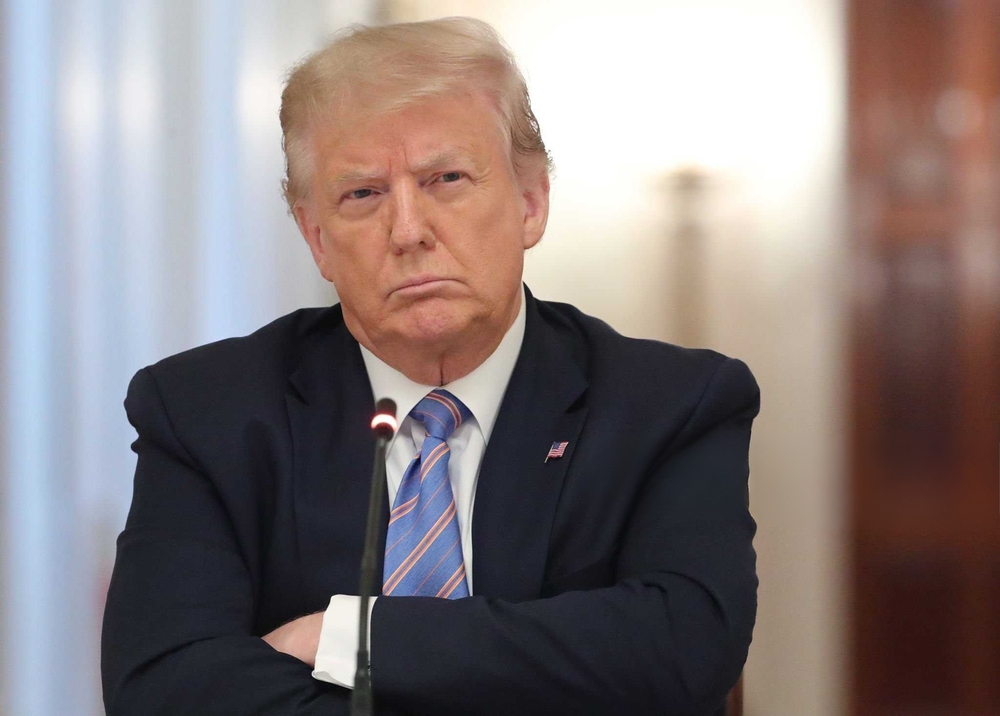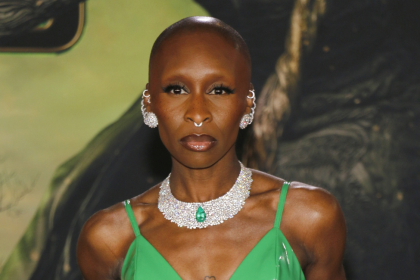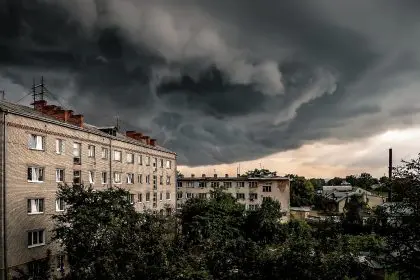The Supreme Court convened a special Thursday morning session to examine the scope of nationwide injunctions that have prevented the Trump administration from implementing its policy to deny automatic citizenship to children born to undocumented immigrants and foreign visitors on American soil.
This critical hearing represents the first time justices are considering arguments related to one of the new administration’s initiatives and marks the final scheduled argument of the Court’s term.
The session doesn’t directly address whether Trump’s birthright citizenship order violates the 14th Amendment, conflicts with previous court rulings, or contradicts national history. Instead, the administration has asked justices to lift or narrow injunctions issued by three lower-court judges that have temporarily blocked the policy while its legality undergoes judicial review.
The rising tide of nationwide injunctions
The Justice Department argues that broad judicial orders thwarting presidential policies have reached epidemic proportions. Officials cite 39 nationwide injunctions issued on various Trump administration initiatives since the President returned to office this year.
Trump administration lawyers want the Supreme Court to limit the scope of lower-court orders on birthright citizenship to apply only to the specific organizations, pregnant women, or states that filed the lawsuits. Twenty-two states and the District of Columbia have joined these legal challenges, where judges have ruled against the administration.
The Solicitor General D. John Sauer explained to justices that the executive branch cannot properly function if any judge anywhere can block every presidential action everywhere. If the Supreme Court sides with the President, the administration could potentially begin denying citizenship to newborns in states that haven’t joined the lawsuits, but only if neither parent is a U.S. citizen or legal permanent resident.
The historical perspective on judicial intervention
Nationwide injunctions, which temporarily halt policies while litigation proceeds, were rarely used before the 1960s. Their application has increased dramatically as presidents from both parties have turned to executive orders to implement policies when faced with congressional gridlock.
The historical pattern shows a clear escalation: federal judges issued 6 injunctions against George W. Bush’s policies, 12 against Barack Obama’s initiatives, and 64 against Trump’s agenda during his first term. The Biden administration faced 14 such injunctions.
These broad judicial orders create pressure on the Supreme Court to quickly address emergency relief requests from administrations. The Court’s unusual decision to add this case late in its term signals the significant weight justices are giving to the matter.
The 14th Amendment battleground
While Thursday’s hearing focuses on injunction scope, the underlying dispute centers on whether Trump can legally deny automatic citizenship to babies born in the United States to non-citizen parents.
The 14th Amendment, adopted after the Civil War, established citizenship for all persons born or naturalized in the United States, and subject to the jurisdiction thereof. This citizenship clause reversed the Supreme Court’s infamous Dred Scott decision that had denied citizenship to Black Americans.
Trump and his supporters argue they have authority to limit birthright citizenship because unauthorized immigrants lack permanent legal status and therefore aren’t subject to the jurisdiction of U.S. government.
Most legal scholars and the Democratic-led states challenging the policy contend this argument requires reinterpreting the 14th Amendment and contradicts established Supreme Court precedent protecting citizenship for nearly everyone born on American soil, except children of foreign diplomats.
The 125-year precedent at stake
The Supreme Court upheld birthright citizenship guarantees in an 1898 ruling that determined Wong Kim Ark, born in San Francisco to Chinese immigrant parents who couldn’t be naturalized, was a U.S. citizen.
In that decision, the Court stated that excluding children born in the United States of citizens or subjects of other countries would deny citizenship to thousands of persons of English, Scotch, Irish, German, or other European parentage who have always been considered and treated as citizens of the United States.
5 justices who have questioned nationwide injunctions
Multiple justices have previously expressed concerns about lower-court judges issuing universal orders and their impact when the Supreme Court must rapidly decide with limited information:
- Justice Clarence Thomas called nationwide injunctions legally and historically dubious when lower courts blocked Trump’s first-term travel ban.
- Justice Neil Gorsuch stated these injunctions circumvent normal judicial processes and force rushed, high-stakes, low-information decisions.
- Justice Samuel Alito joined Gorsuch in this assessment.
- Justice Brett Kavanaugh suggested prohibiting nationwide or statewide injunctions may turn out to be the right rule as a matter of law.
- Justice Amy Coney Barrett joined Kavanaugh’s reasoning.
Even Justice Elena Kagan acknowledged during a 2022 appearance at Northwestern Law School that concerns about nationwide injunctions were bipartisan with no political tilt. She expressed that it cannot be right for one district judge to stop a nationwide policy in its tracks and leave it stopped for years during the normal review process.
Arguments defending nationwide injunctions
Those challenging the birthright citizenship ban warn of chaos, confusion, and inconsistent state-by-state policies if the Court allows Trump’s administration to implement the ban in states not involved in lawsuits.
They present a stark scenario, an infant born to non-citizen parents in New Jersey would receive U.S. citizenship because that state joined a lawsuit, while an identical child born in Tennessee would be considered a deportable non-citizen because that state didn’t join legal challenges.
Advocates argue nationwide injunctions efficiently halt potentially illegal government actions and prevent multiple parties from filing overlapping lawsuits against policies with national implications like citizenship, an area in which nationwide consistency is vitally important.
Attorneys representing immigrant advocacy groups with over 800,000 members across all 50 states told justices that a child’s citizenship status should not depend on the state where she is born or the associations her parents have joined.
Potential outcomes and timeline
The Supreme Court is expected to rule before its term concludes in late June or early July. The decision could establish new guidelines for when nationwide injunctions are appropriate and when they exceed judicial authority.
If the Court narrows existing injunctions to apply only to organizations and states involved in challenges, the administration could potentially implement its policy in more than half the states. This would likely trigger new lawsuits in those jurisdictions as litigation continues over the constitutionality of restricting birthright citizenship.
A broader ruling limiting or invalidating nationwide injunctions could affect other cases blocking Trump policies, including orders halting mass federal worker layoffs, elimination of federal funding for gender-transition care for minors, and requirements for citizenship proof to vote.
The Court’s decision will not only shape the immediate fate of birthright citizenship policy but potentially redefine the power balance between the judiciary and executive branch for generations to come.











